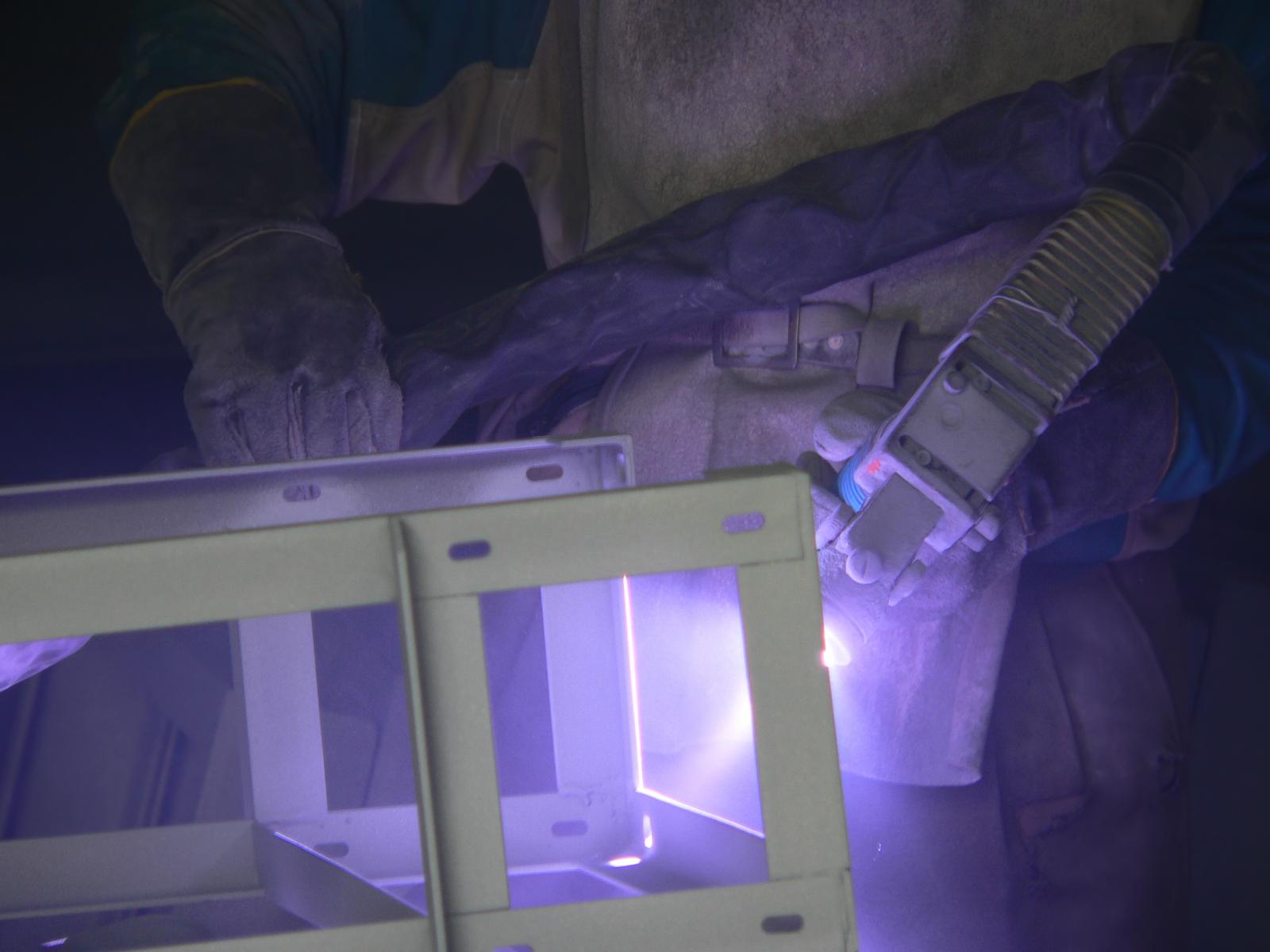
A new Master-level apprenticeship standard for engineers employed within the surface coatings and surface engineering disciplines is now available from Cranfield University.
This new standard is at Master Degree level 7, and post graduate engineers will learn specialised skills particular to Surface Engineering and Coatings, Heat Treatments, and Surface Treatments with a specific emphasis on helping their business.
The introduction of this valuable new apprenticeship standard is fully supported by the Cast Metals Federation along with many other key technology Institutes and Associations and will be followed by others at levels 2. 3, 6 and 7. Led by the members of the Surface Engineering Leadership Forum, the development team have been involved in several trailblazer groups to help put together standards at various levels of proficiency over the past 2 to 3 years.
The first course forming part of the level 7 standard is planned to commence in January 2021 and will be offered by Cranfield University. The delivery will consist of taught modules, group and individual project, case studies, to be followed by an end point assessment. The programme duration will be 30 months, on a part time basis, so is intended to be undertaken by those in employment so that the applied learning can be tailored to the needs of the business.
At the present time, in light of the Coronavirus situation, it has not yet been decided whether taught sessions will take place at the University or via electronic distance learning. In either case, sessions will be delivered by both senior academics and high-ranking professionals from industry. There will be plenty of time set aside for group discussions.
The full cost for this apprenticeship will be £17000, which can be funded through the Apprenticeship levy. However, of special interest to SME’s will be the option of co-investment; the Government pay 95% of the apprenticeship cost with the employer paying just £850.
Much of the work required will be able to be conducted within the apprentice’s workplace, and it is predicted this will take up about no more than 20% of their time. The individual case study will, almost certainly, involve a project within the employers’ organisation, so there will be immediate benefit to the business. Tools and techniques learnt whilst studying can, of course, also be immediately applied to your business.
The outcome of the apprenticeship will be a qualified engineer ready to help lead your company forward through digital manufacturing to become World Class.
More information can be obtained from Graham Armstrong; Vice-Chairman of the Surface Engineering Leadership Forum (SELF) [email protected], or the organisers at Cranfield University via Jeff Rao: [email protected]; 01234 754185.